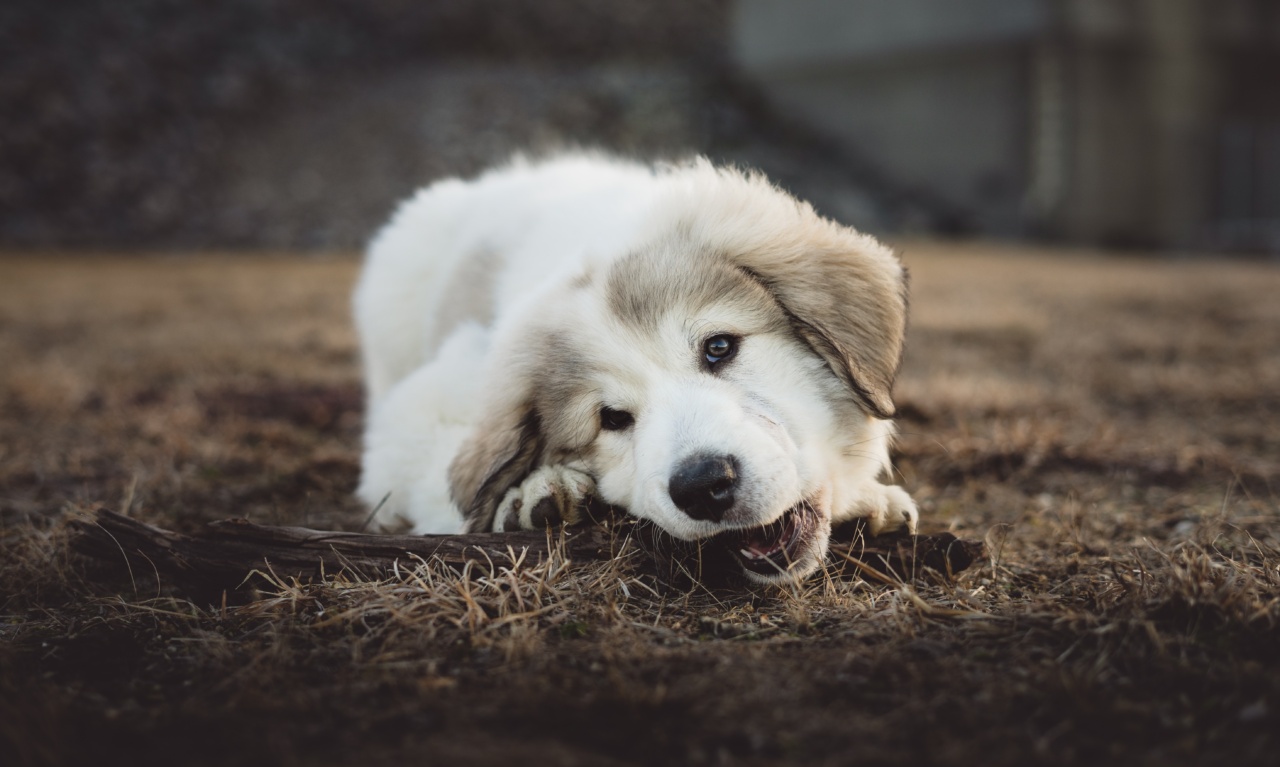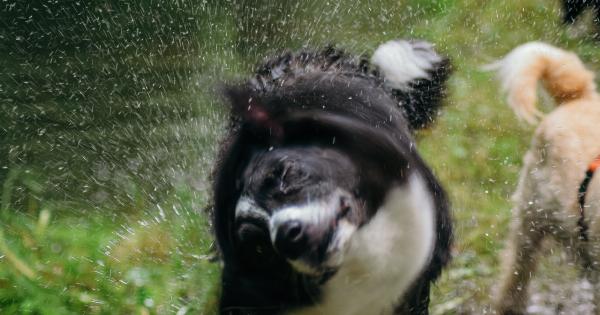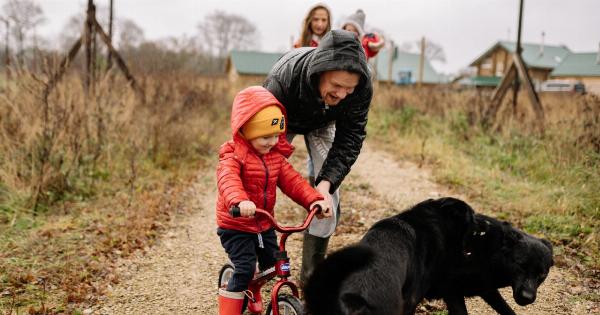Destructive Chewing in Dogs: Causes and Solutions
Dogs are known for their love of chewing on things, but destructive chewing can become a serious problem. Not only can it result in damage to your belongings, but it can also pose a risk to your dog’s health.
In this article, we will explore the causes behind destructive chewing in dogs and provide some effective solutions to help you curb this behavior.
Causes of Destructive Chewing
Understanding the underlying causes of destructive chewing is key to addressing the issue. Some common causes include:.
1. Teething
Just like human babies, puppies go through a teething phase where their baby teeth are replaced by adult teeth. This can cause discomfort and itchiness, leading to a strong urge to chew on objects to alleviate the discomfort.
2. Boredom and Excess Energy
Dogs are active animals that require mental and physical stimulation. When they do not receive enough exercise or mental enrichment, they may resort to destructive chewing as a way to relieve boredom or excess energy.
3. Anxiety and Stress
Like humans, dogs can experience anxiety and stress, which may manifest as destructive chewing. Separation anxiety, fear, or major life changes can trigger this behavior. Chewing provides a temporary release from these negative emotions.
4. Lack of Proper Training
Dogs need to be taught appropriate chewing behavior from a young age. Without proper training and guidance, they may not understand what items are off-limits, leading to destructive chewing habits.
5. Dental Issues
Some dogs may resort to destructive chewing due to underlying dental problems such as gum inflammation, tooth decay, or misaligned teeth. Chewing can temporarily alleviate the discomfort caused by these issues.
Solutions to Address Destructive Chewing
Now that we have explored the potential causes, let’s discuss some effective solutions to help you address destructive chewing in your dog:.
1. Provide Appropriate Chew Toys
Offering a variety of chew toys specifically designed for dogs can help redirect their chewing behavior to more suitable items. Look for durable toys made from materials such as rubber or nylon.
Avoid toys that resemble household items, as they may confuse your dog.
2. Puppy-Proof Your Home
In the case of teething puppies or dogs with a chewing habit, it is essential to puppy-proof your home. Remove valuable or dangerous items from your dog’s reach, and provide them with safe and appropriate alternatives.
3. Increase Physical and Mental Stimulation
Make sure your dog receives an adequate amount of physical exercise and mental stimulation on a daily basis.
Regular walks, interactive toys, and puzzle games can help keep them mentally and physically engaged, reducing the likelihood of destructive chewing due to boredom or excess energy.
4. Address Anxiety and Stress
If your dog’s destructive chewing is triggered by anxiety or stress, it is crucial to address the root cause.
Consult with a professional dog behaviorist or trainer who can help you develop a training plan or recommend techniques to reduce your dog’s anxiety. Calming aids or supplements may also be beneficial in some cases.
5. Properly Train Your Dog
Training your dog is essential in teaching them appropriate chewing behavior. Use positive reinforcement techniques to reward your dog for chewing on their toys and discourage chewing on inappropriate items.
Consistency and patience are key in establishing good chewing habits.
6. Regular Dental Care
Regular dental care is crucial for your dog’s overall oral health. Schedule routine check-ups with your veterinarian to ensure your dog’s teeth and gums are in good condition.
Address any dental issues promptly to alleviate any discomfort that may drive your dog to engage in destructive chewing.
7. Use Deterrents
For particularly persistent chewers, using deterrent sprays or bitter-tasting solutions on objects they tend to chew can discourage the behavior. These products create an unpleasant taste or smell, making the objects less appealing to your dog.
8. Seek Professional Help
If despite your best efforts, your dog’s destructive chewing continues to be a problem, consider seeking professional help.
A certified dog behaviorist or trainer can assess the situation and provide personalized guidance and training strategies to address the issue effectively.
Conclusion
Destructive chewing in dogs can be a significant concern for dog owners, but with the right understanding and proactive measures, it can be managed effectively.
By identifying and addressing the underlying causes, providing appropriate chew toys, and ensuring proper training and care, you can help your dog overcome this destructive behavior and enjoy a healthier, happier life together.


























